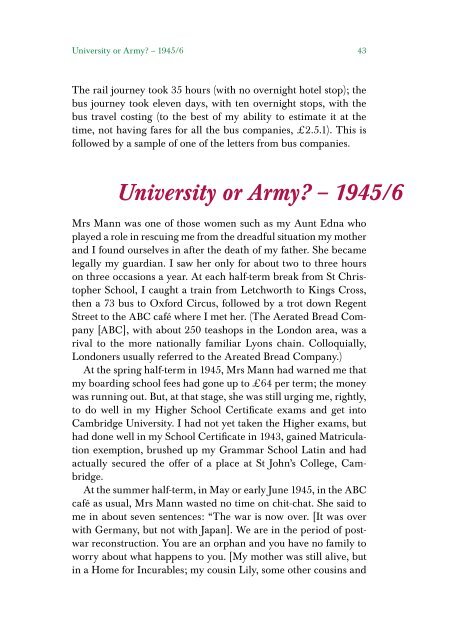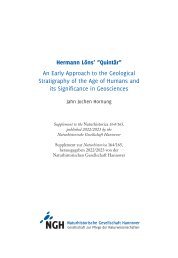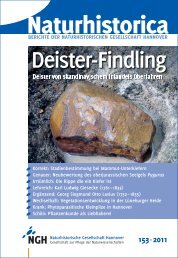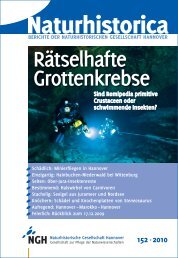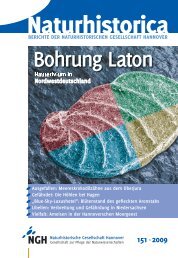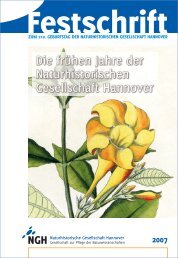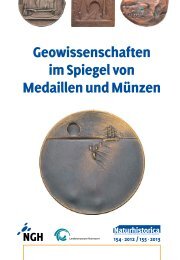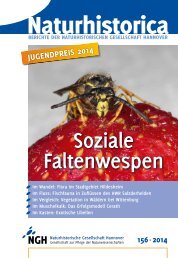Roger Atkinson - Blackout, Austerity and Pride
Blackout, Austerity and Pride – Life in the 1940s is a book written primarily from actual experience. It tells how an alert and intelligent boy, effectively orphaned at the age of 13, sets out to gain a foothold in life. Aided by some resourceful women, he unites a thirst for knowledge with a growing passion for places and buses and a strong sense of duty. http://www.memoir1940s.org.uk/
Blackout, Austerity and Pride – Life in the 1940s is a book written primarily from actual experience. It tells how an alert and intelligent boy, effectively orphaned at the age of 13, sets out to gain a foothold in life. Aided by some resourceful women, he unites a thirst for knowledge with a growing passion for places and buses and a strong sense of duty.
http://www.memoir1940s.org.uk/
Create successful ePaper yourself
Turn your PDF publications into a flip-book with our unique Google optimized e-Paper software.
University or Army? – 1945/6<br />
43<br />
The rail journey took 35 hours (with no overnight hotel stop); the<br />
bus journey took eleven days, with ten overnight stops, with the<br />
bus travel costing (to the best of my ability to estimate it at the<br />
time, not having fares for all the bus companies, £2.5.1). This is<br />
followed by a sample of one of the letters from bus companies.<br />
University or Army? – 1945/6<br />
Mrs Mann was one of those women such as my Aunt Edna who<br />
played a role in rescuing me from the dreadful situation my mother<br />
<strong>and</strong> I found ourselves in after the death of my father. She became<br />
legally my guardian. I saw her only for about two to three hours<br />
on three occasions a year. At each half-term break from St Christopher<br />
School, I caught a train from Letchworth to Kings Cross,<br />
then a 73 bus to Oxford Circus, followed by a trot down Regent<br />
Street to the ABC café where I met her. (The Aerated Bread Company<br />
[ABC], with about 250 teashops in the London area, was a<br />
rival to the more nationally familiar Lyons chain. Colloquially,<br />
Londoners usually referred to the Areated Bread Company.)<br />
At the spring half-term in 1945, Mrs Mann had warned me that<br />
my boarding school fees had gone up to £64 per term; the money<br />
was running out. But, at that stage, she was still urging me, rightly,<br />
to do well in my Higher School Certificate exams <strong>and</strong> get into<br />
Cambridge University. I had not yet taken the Higher exams, but<br />
had done well in my School Certificate in 1943, gained Matriculation<br />
exemption, brushed up my Grammar School Latin <strong>and</strong> had<br />
actually secured the offer of a place at St John’s College, Cambridge.<br />
At the summer half-term, in May or early June 1945, in the ABC<br />
café as usual, Mrs Mann wasted no time on chit-chat. She said to<br />
me in about seven sentences: “The war is now over. [It was over<br />
with Germany, but not with Japan]. We are in the period of postwar<br />
reconstruction. You are an orphan <strong>and</strong> you have no family to<br />
worry about what happens to you. [My mother was still alive, but<br />
in a Home for Incurables; my cousin Lily, some other cousins <strong>and</strong>


